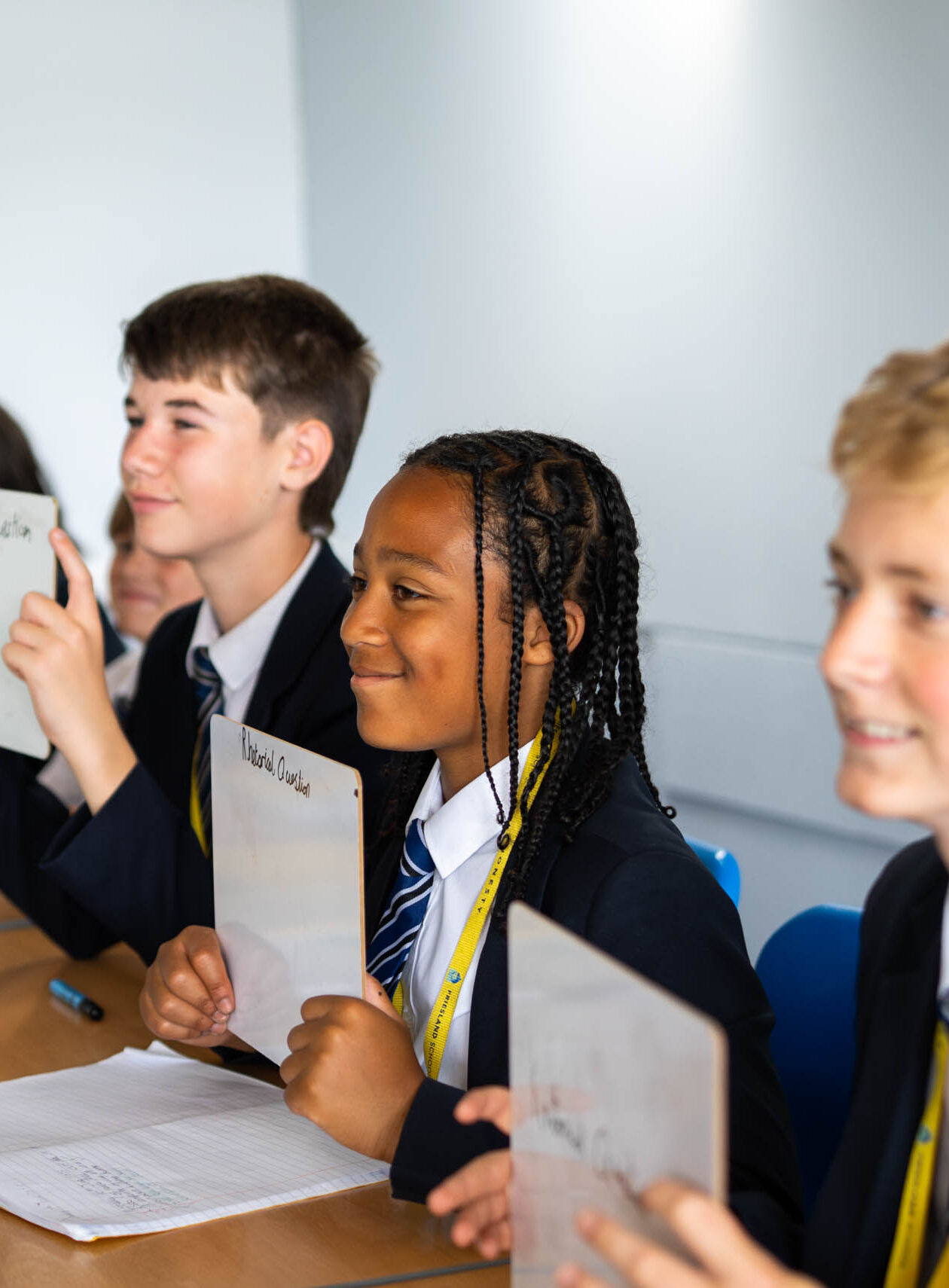Mission
To provide our students with opportunities and experiences to enhance their life choices, making a positive contribution to the world we share.
Curriculum Intent
The music department aspires to enhance student’s creativity, self-esteem, personal expression and emotional development. Through positive interaction with music students can change the way they think, learn, act and feel. As an integral part of culture, past and present, music helps students understand the time they live in and develop their cultural understanding, forging important links between home, school and the wider world.
Music lessons are creative, collaborative, celebratory and challenging. As part of our music curriculum students will learn about the great composers and artists of the world and develop their knowledge and skills in reading and writing music. We study a range of genres and styles covering historically important composers such as Beethoven and John Williams as well as world renowned popular artists such as Queen and Coldplay. We are delighted in school to be able to offer all students the experience of keyboard, ukulele, djembe drums and industry standard music technology through the Apple software GarageBand.
Our music curriculum naturally extends outside of the classroom through exciting enrichment opportunities. We offer a wide range of instrumental and vocal lessons in partnership with the Derbyshire music hub and are extremely lucky to be able to support many of our students financially through charitable funding. After school groups combine orchestral, rock and pop instruments and voices to work towards two school concerts a year. Close links within our performing and expressive arts faculty allow us to collaborate on musicals each year as well as invaluable opportunities to experience West End musicals.
By the end of their education, a student of music at Friesland School will:
- Demonstrate coordination skills that allow them to perform from a range of musical notations.
- Acquire transferable creative skills using both musical instruments and industry standard technology to compose their own music.
- Have an appreciation and understanding of how the music they listen to has changed through history including the diverse genres that have evolved across the world.
Music Development Plan Summary
Process
Powerful knowledge
- For our students to grow as musicians, they need to experience the world of music in all its richness and depth, with their musical knowledge and skills steadily developing over time. Our music curriculum is carefully crafted to ensure students are introduced to powerful knowledge that they will revisit throughout KS3 and KS4.
- Musical examples used in our curriculum have been carefully chosen to complement both our GCSE set works and BTEC styles portfolios. Classical music, musical theatre, popular music and fusions of world music styles are delivered throughout KS3 preparing our students to explore and analyse in greater detail in KS4.
- Within each scheme of work, key knowledge is taught and re-visited on a regular basis through ‘Do Now’ activities that recap vocabulary and musical notation. This knowledge is vital to progressing to KS4 and is summarised for students and families to consolidate at home in the form of 100% sheets.
The music curriculum will support and scaffold all students to be successful:
- By extensive and varied methods of visual modelling. Modelling is key to support students by explicitly showing them what success looks like, but also, how to break down a pattern or technique chunk by chunk.
- By providing detailed task sheets for all students to refer to in lessons. This is particularly important in KS4 as tasks become more complex and require independent development time.
The music curriculum contributes to the personal development of students at Friesland School:
- The importance of arts and culture in children’s education cannot be overstated. Music has helped many of us through challenges in how it connects, inspires and entertains. In our curriculum students are exposed to a number of perspectives that might be different from those shared by their own communities thus developing their empathy and understanding.
- At Friesland we passionately believe that every young person should be able to experience music and have the opportunity to learn a musical instrument. This experience can build confidence and self-esteem and also helps raise the aspirations of what students can achieve in all areas of their life. All students who opt for GCSE music specialise in an instrument or their voice and we regularly sponsor students across the school who wish to embrace their love of music.
- We provide opportunities for students to engage in a variety of enrichment activities that extend beyond the classroom. These extra-curricular groups instil a sense of belonging and pride in our students who then go on to perform in two annual music concerts. This invaluable experience contributes to our student’s personal development as they practice the transferable skills of teamwork, communication, organisation and confidence in a real-life public performance.
- In setting out a clearly sequenced and ambitious approach to music teaching, our music curriculum provides a roadmap to introduce pupils to the delights and disciplines of music, helping them to appreciate and understand the works of the musical giants of the past, while also equipping them with the technical skills and creativity to compose and perform. We hope that ambition and independence grow out of the inspirational musicians we study giving students the power to choose their next step in life.
Opportunities are built in to make links to the world of work to enhance the careers, advice and guidance that students are exposed to:
- Work as a composer is regularly referred to across the curriculum for all key stages. From studying how to construct a melody that might be used as a ringtone on a mobile phone, to underscoring animation for a block buster film, students gain an invaluable insight into the career possibilities of a composer. In KS4 this is a compulsory element of both the courses we offer, allowing students to create a portfolio of compositions to show future educators or employers.
- We use industry level music technology on mac computers which prepares students for a variety of careers not only in the music industry, but also the vast range of careers relying on editing within the media industry. From year 7 our students are taught to create, select and edit samples, leading to sequencing, producing and remixing material. Using professional software is key to provide our students with the best experience and skills to embark in the competitive industries of today.
- In performance we prepare our students by asking them to play a significant role in rehearsal and preparation. In KS4 our students take on the role of sound, lighting, front of house and backstage technicians as well as performers on stage. We guide them on this process by highlighting these job roles in major music performances such as Glastonbury as well as taking to them see live performances of set works and other musical theatre productions.
Key Stage 3
The two-year Key Stage 3 transitions from singing skills and basic rhythm and notation knowledge from primary schools. We begin Year 7 with workshop style lessons to baseline assess student’s prior experiences. We end Year 7 looking at music technology in detail ready to transition into Year 8 where students will begin to think about their option subjects.
At Key Stage 3 students have one lesson of music per week and the lessons are all completely practical. Each scheme of work links to a topic in Key Stage 4 and is organised to be completed in one half term.
Key Stage 4
GCSE Music – Eduqas
In Year 9 students are encouraged to make and create as much music as possible studying styles such as Blues, Jazz and Film to inspire them to create and develop their own musical ideas. This year is mostly practical with some progression from verbally describing music to answering written responses about music.
In Year 10 students begin and complete the first of two compositions required and should have decided on which instrument or voice they are going to focus on for assessment. By now students will be having regular private lessons with another teacher to support the development of their technique. Students will complete a mock solo recording and begin to study both of the prescribed set works in detail.
In Year 11 students begin and complete the second composition which is a set brief by Eduqas. They record final performances as a soloist and ensemble member and revise the two set works needed for the listening exam which
BTEC Tech Award in Music Practice – Edexcel
In Year 10 students begin to compile a styles portfolio in response to Component 1: Exploring and Products and Styles. This is completed in approximately 12 hours of supervised assessment. Students then begin planning a skills audit in preparation for Component 2: Music Skills Development.
In Year 11 students submit Component 2 across 15 hours responding to an assignment set by Edexcel. They then prepare and await the arrival of Component 3: Responding to a Music Brief, which is their final task released in January and completed in 3 hours of exam conditions in the Spring Term.


